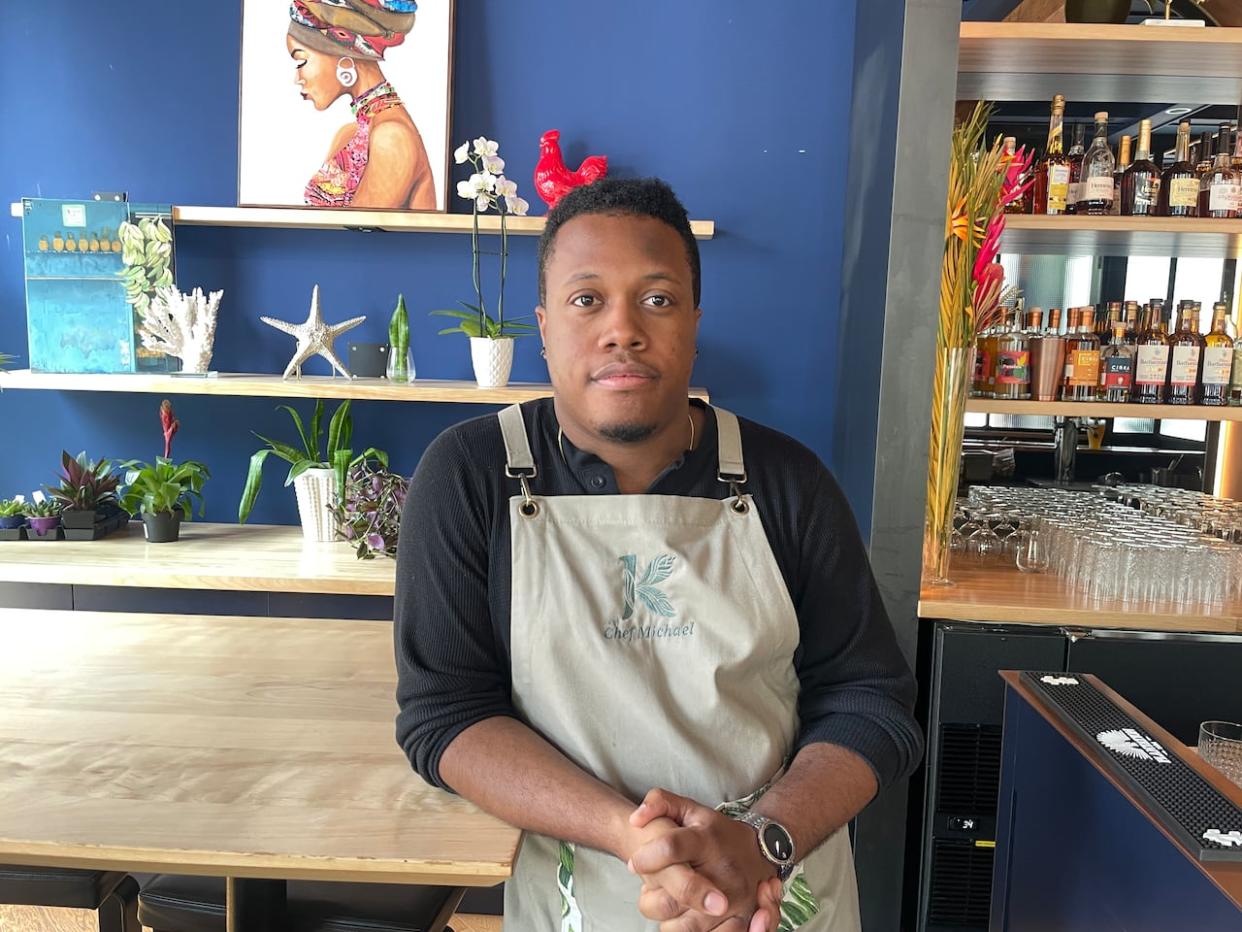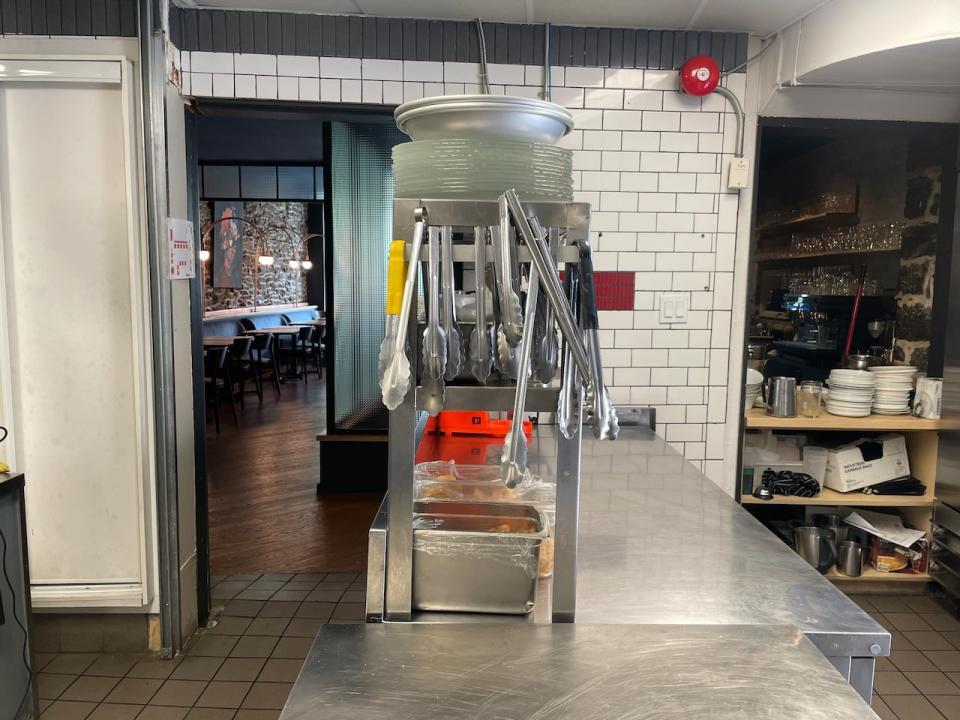Montreal restaurateur hits immigration roadblock when trying to recruit staff from Haiti

Michael Lafaille, co-owner of Kwizinn restaurant in Montreal's Old Port, has spent upwards of $20,000 to recruit workers from abroad after years of struggling with a staff shortage.
Despite his efforts, the foreign worker applications of four Haitian employees were rejected, with Immigration Canada stating that the candidates did not meet the job requirements.
"This isn't something that would happen in Ireland, France or Germany. This is really something that has to do with Haiti," said Lafaille.
Kwizinn's situation is not an isolated incident.
Martin Vézina, spokesperson for the Quebec Restaurant Association, says employers have been resorting to the temporary foreign worker program to survive. He notes that more than 5,000 restaurant staff are needed across the province.
"It is a last resort to recruit abroad. We don't want to do this; it costs thousands of dollars to recruit abroad," Vézina explained.
With the F1 weekend around the corner, Lafaille has had to call on family and friends to help him out and plans to continue his efforts to get workers from Haiti to lend a hand.
With the help of an agency, he found four candidates to come on two-year, closed work visas. He filled out a Labour Market Impact assessment, a document that helps businesses hire foreign workers.
The applications were accepted by Quebec, but Ottawa refused.
Candidates rejected, stressing restaurant owner
In three of the four letters, the federal government says the candidate did not meet the requirements of the position.
And in the last one, it says Immigration Canada isn't convinced that the candidate answered all of the questions truthfully.
It's not just the loss of money that hurts, Lafaille said.
"I'm burned out. You know, I'm working like 16 hours a day. My staff, my chef, we're all running around like crazy," he said.
One lawyer CBC News spoke with says it's possible political instability in a certain country, like Haiti, could influence whether Canada accepts or refuses a worker's permit.
Yves Martineau, a Montreal-based immigration lawyer, noted that when comparing applications for cooks from Norway with those from Haiti, the refusal rates for applicants from Haiti is much higher.
"I don't have the statistics, but I would say it is common," said Martineau.
He explained that his firm often works with applicants from Latin American countries and finds that candidates from places like Cuba and Venezuela also face higher refusal rates.
Martineau's firm recommends that immigrants demonstrate dual intent, which involves showing a desire to eventually take the necessary steps to become a permanent resident.
IRCC says country of origin not the issue
In a statement, Immigration, Refugees and Citizenship Canada (IRCC), insists country of origin is not a deciding factor.
The IRCC deals with thousands of applications from people from around the world every day, the statement says.
"We are committed to a fair and non-discriminatory application of immigration procedures. We take this responsibility seriously," it said.
In general, applications are assessed on a case-by-case basis, and decisions are made by trained officers who carefully and systematically assess each application against the criteria set out in the Immigration and Refugee Protection Act and its regulations, regardless of the country of origin, the statement says.

The kitchen of Kwizinn restaurant in Montreal’s Old Port is in need of the staff. The owners tried to recruit staff from Haiti, but their candidates were rejected. (John Ngala/CBC)
The Temporary Foreign Worker Program is intended to be used when a company is facing short-term skills and labour shortages when no Canadians or permanent residents are available, he said.
To approve a work permit, the processing officer must be satisfied, based on the documents provided, that the applicant meets the requirements of the position, including those related to work experience, education, language skills and training, IRRC says.
These skills must be recognized by the IRCC despite the other factors, such as the issuance of a Quebec Acceptance Certificate or a job offer by the employer, it says.
Regardless, Lafaille said he doesn't wish anyone to go through his experience trying to hire workers from abroad.
"If the government doesn't want to have Haiti on that program, they should simply announce it and remove it. I just don't like this false advertisement," he said.


